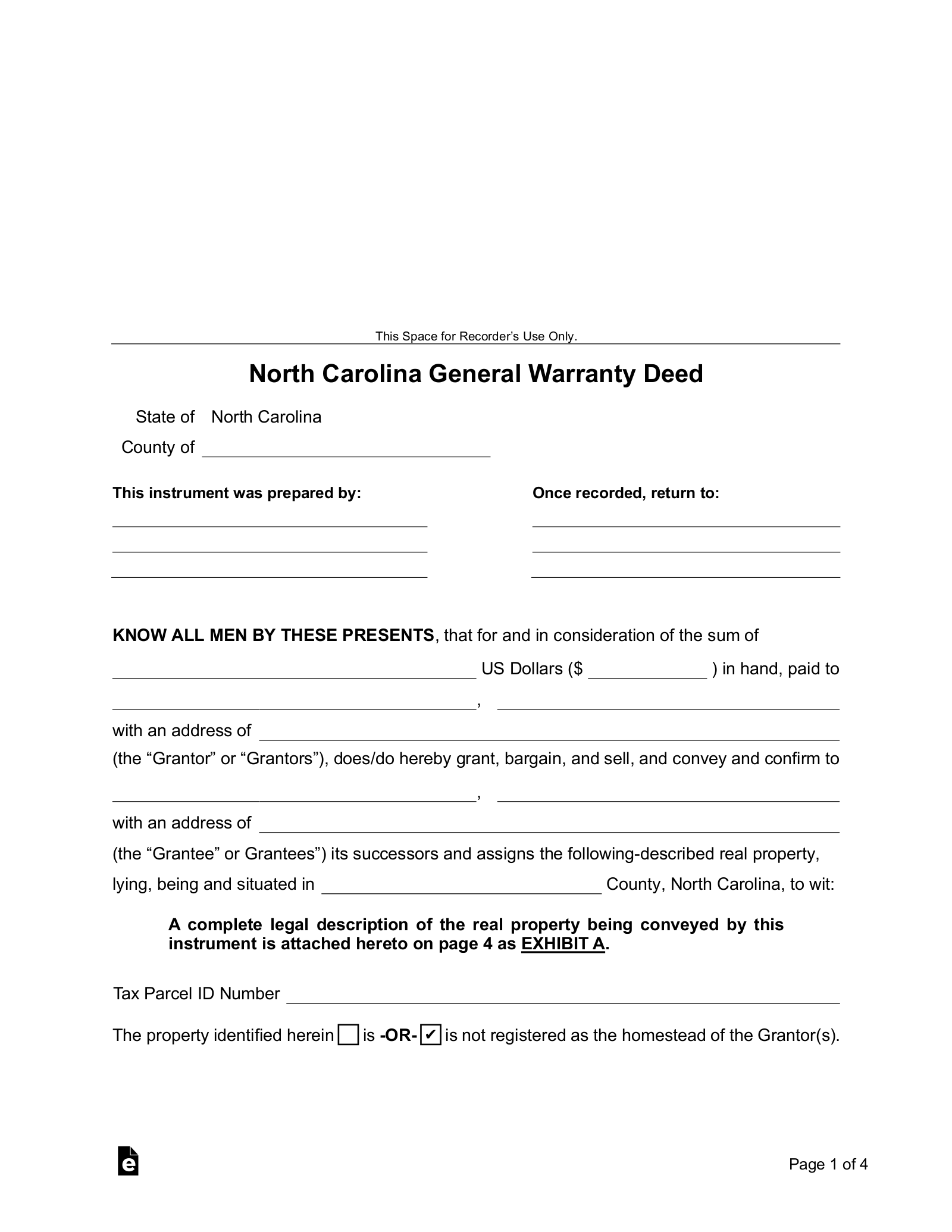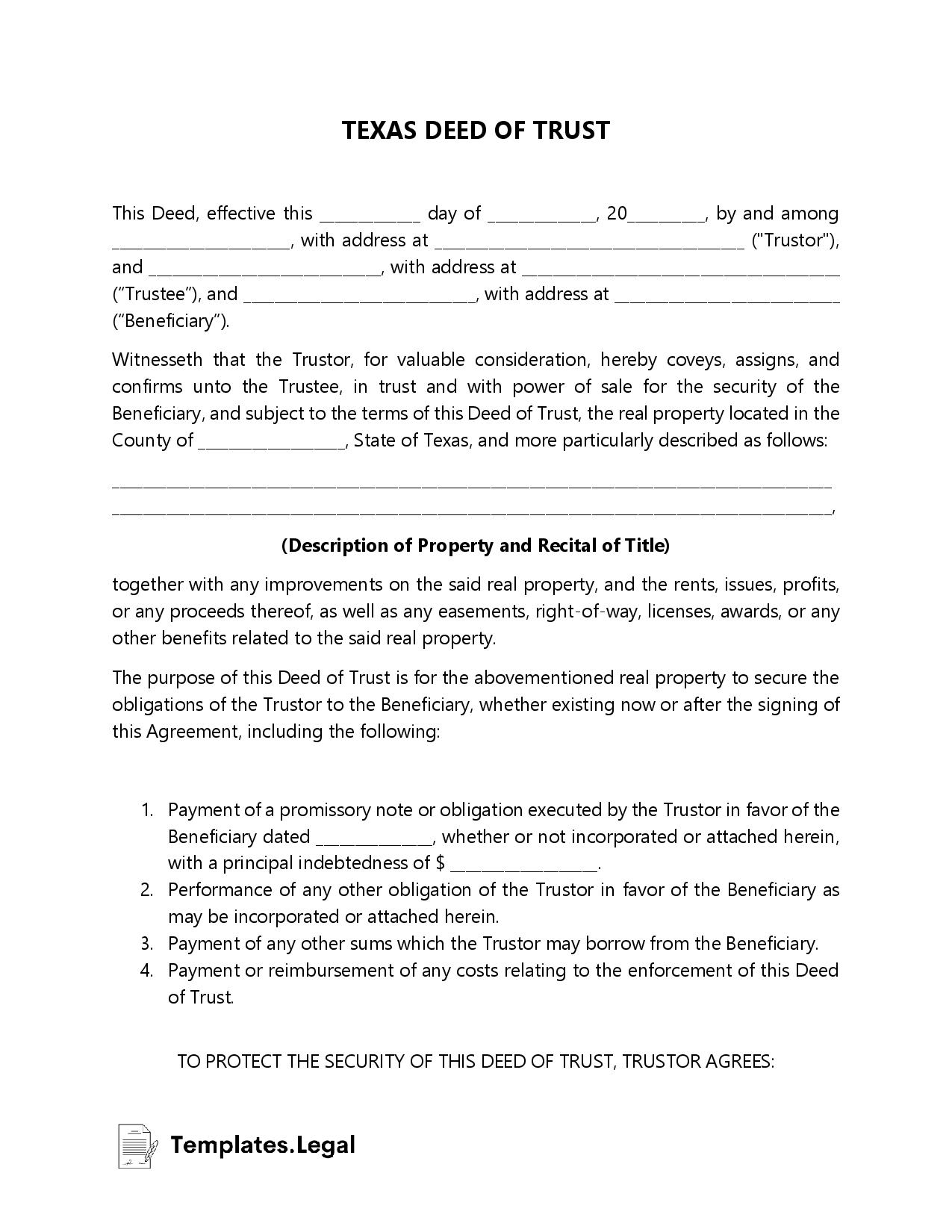Table Of Content

TexasLawHelp.org is managed by Texas Legal Services Center, a 501(c)(3) nonprofit organization. TLSC provides free legal services to underserved Texans in need of education, advice, and representation. Note that in Texas, “deed in lieu of foreclosure” describes the process of giving over a deed in exchange for debt forgiveness. It is not necessarily the actual title of the deed document.
Perspective How to obtain title to a home in your deceased spouse's name - The Washington Post
Perspective How to obtain title to a home in your deceased spouse's name.
Posted: Wed, 23 Oct 2019 07:00:00 GMT [source]
things you may not know about 529 plans
House deeds are the primary way that a homeowner can definitively demonstrate ownership of their home in the event of a property dispute. During a real estate transaction, both the buyer and the seller should verify that the deed was completed correctly to reflect the transfer of ownership. When you buy a house, the seller will transfer you the property deed, which proves you have legal ownership of the property.
Types Of House Deeds
The mere act of holding your property deed represents more than legal ownership; it’s a tangible reminder of the memories housed within those walls and the future dreams yet to unfold. There are a handful of misconceptions floating around about property deeds. Some believe that merely having the keys to the house is equivalent to having ownership.
Water Rights

For example, if you put up land a security on a loan, the lender will have a lien on your home until you pay back the loan. Tutorials are available on ACRIS to help you record and search for documents online. "Security Interest" is the right of the creditor (the bank/mortgage issuer) to take all or part of a property offered as security. The property is pledged as collateral for the mortgage, so the bank/mortgage issuer can take certain legal remedies if the owner defaults on the mortgage. Residents of all boroughs (including Staten Island ) can request a certified copy of a tax map in person at the Tax Map Office.
What’s The Difference Between A Property Deed Vs. Title?
This cancels the debt and helps make sure that they won’t owe anything should the property sell for less than the amount remaining on the loan. Actual notice is when the buyer knows that someone else may have a claim on the property. Constructive notice is when the buyer should know that someone else may have a claim on the property.
How To Make Changes To Your House Deed
Last but not least, we wanted to present the idea of incorporating your house deed as a part of your estate plan. This is because a key aspect of estate planning is accounting for all the assets and property under your name, so that you can one day pass your legacy on to loved ones. As you might recall, your house deed is the physical document that proves your property title, and is also an integral legal tool that allows you to transfer property. When it comes to real estate education, there is plenty of information regarding the importance of the house deed, property titles, and having legal proof of ownership to your house.
Title Lock Insurance: How to protect yourself for free - FOX 5 Atlanta
Title Lock Insurance: How to protect yourself for free.
Posted: Tue, 19 Apr 2022 07:00:00 GMT [source]
In some cases, you might find a website for your local County Recorder or an equivalent office. If available, your county may provide an official records search site where you can input your property’s information, find the deed, and download a copy onto your computer. Be prepared to provide the owner’s name, property street address, and parcel number if available. Property deeds are generally categorized as private or official. While private deeds involve business entities and individuals, official property deeds are typically executed pursuant to legal proceedings or a court. Miranda Crace is a Senior Section Editor for the Rocket Companies, bringing a wealth of knowledge about mortgages, personal finance, real estate, and personal loans for over 10 years.
Update Your Estate Plan to Include the Deed to Your House
That’s a simple matter of going through the documents you received when you purchased the home or ordering a certified copy from your municipality’s Property Clerk. Below are some of the most common ways a homeowner can hold title and how they typically work. However, the types of ownership available to you and the specifics of those types can vary depending on your state’s laws. When you buy a house, the seller (also known as the grantor) will sign this document, deeding the house to you (the grantee). The deed will then be filed with the appropriate government office for your county, such as the clerk or the register of deeds. In another instance, if a buyer is purchasing a house with cash, they may work directly with a real estate attorney to obtain the deed.

I want to use a Small Estate Affidavit to probate an estate.
A deed is a legal document showing who has title to a piece of real estate. Deeds are recorded by county recorders or register's offices in the county where the property is located. Many of these records are now available online in searchable databases. While this has made finding out who owns a deed easier, it can still be a complicated process, so it's best to be prepared for an intensive search. The key difference between the two is the matter of a physical document.
Once you receive your deed by mail, be sure to look at your deed and verify that you’ve received the correct deed. Further, verify that the information on the deed on record is correct and up-to-date. In most cases, you should already have a copy of the deed to your house. However, life happens and perhaps you’ve misplaced it, or your closing agent did not provide it to you.
The biggest difference between title and deed is that title is a legal concept, whereas a deed is a physical legal document. Once the process is complete, the deed is filed with the local county recorder’s office to prove the transfer and new ownership of the property. A properly recorded house deed is essential as it bestows you with legal protections. Primarily, it demonstrates that you are the legal property owner and therefore have the right to take certain actions, like acquiring a new mortgage or selling the property.
You can record property-related documents in person or online. To register a document, you must create a cover page in ACRIS, and submit document, supporting documents, and pay fees and taxes (if necessary). If you’re in the process of purchasing a home, you’ll receive a certified copy of the deed to your new house at the time the title gets transferred to you. Instead, it’s a concept used to describe an individual’s legal right of ownership of a property. Without the owner’s policy, your mortgage company will be covered, but you won’t be able to rely on it for a new home.
Without a recorded deed, you would not be considered the title holder in the eyes of the law, depriving you of rights and financial tools otherwise available to you. Your local county recorder’s office is the official hub for all property records. Engaging with them directly can be fruitful, especially if you’re aiming for the most recent data. A house deed is a document that identifies the new property owner.

No comments:
Post a Comment